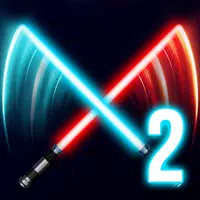The Doom series and metal music have always been intertwined, sharing a symbiotic relationship that's evident from the first note of any Doom soundtrack or the iconic demonic visuals that permeate the games. The imagery of flames, skulls, and devilish beings in Doom is reminiscent of an Iron Maiden stage setup, past or present. This connection has evolved alongside the series' gameplay, with both elements reinventing themselves numerous times throughout Doom's over 30-year history. From its thrash metal roots, Doom has ventured into various metal sub-genres, culminating in the latest installment, Doom: The Dark Ages, which delivers powerful metalcore influences.
Back in 1993, the original Doom's soundtrack was heavily influenced by the late '80s and early '90s metal scene. Co-creator John Romero has openly acknowledged the impact of bands like Pantera and Alice in Chains, which is evident in tracks like "Untitled" used for the E3M1: Hell Keep level, featuring a riff strikingly similar to Pantera's "Mouth of War." The broader Doom score embraced the thrash metal genre, echoing the sounds of Metallica and Anthrax, propelling players through Mars' corridors with urgency akin to Romero's innovative shotgun and BFG gameplay. Composer Bobby Prince's timeless soundtrack perfectly complements the rhythm of the game's gunplay, remaining as iconic as the game itself.
Doom: The Dark Ages - Gameplay Screenshots
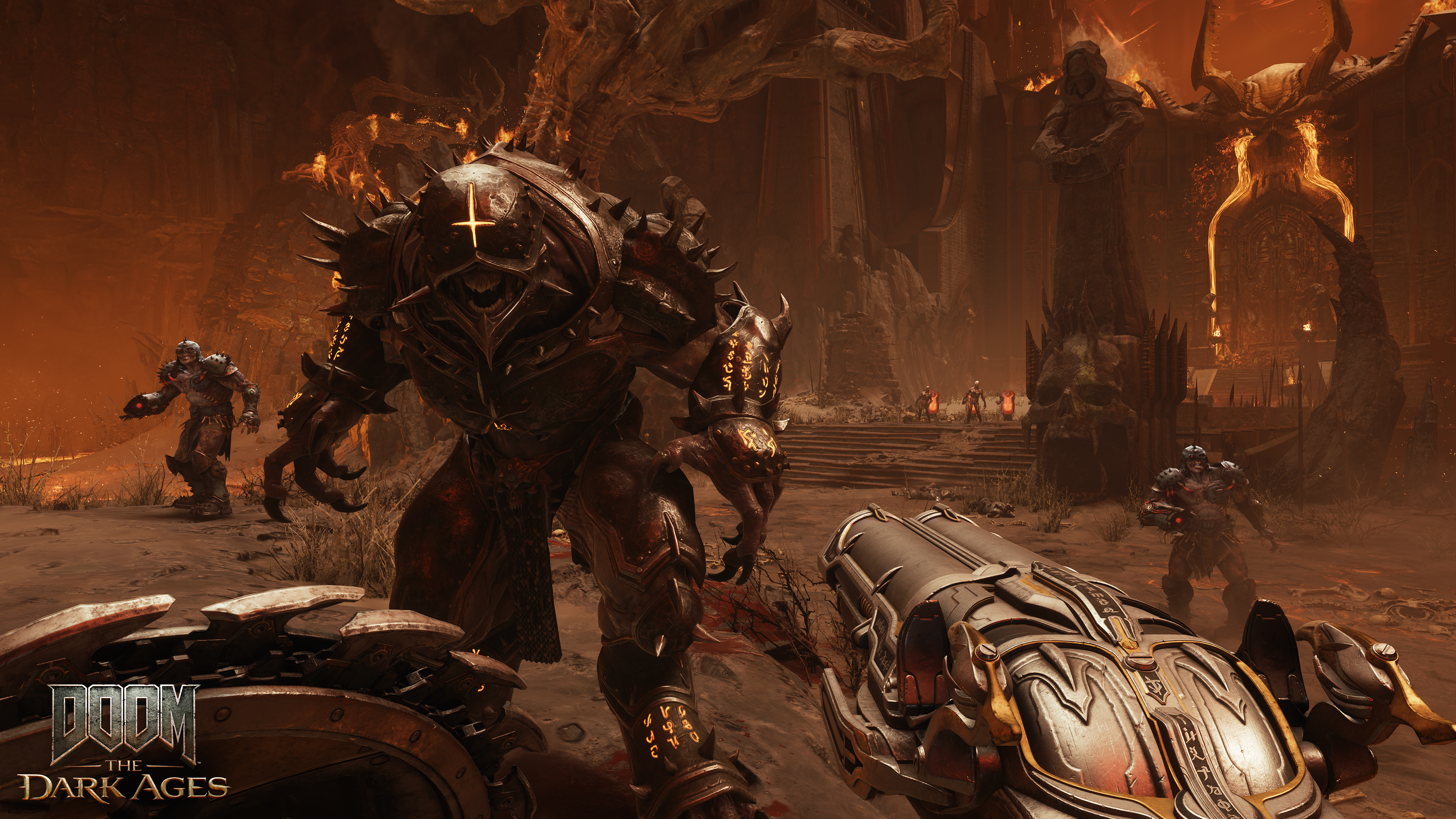
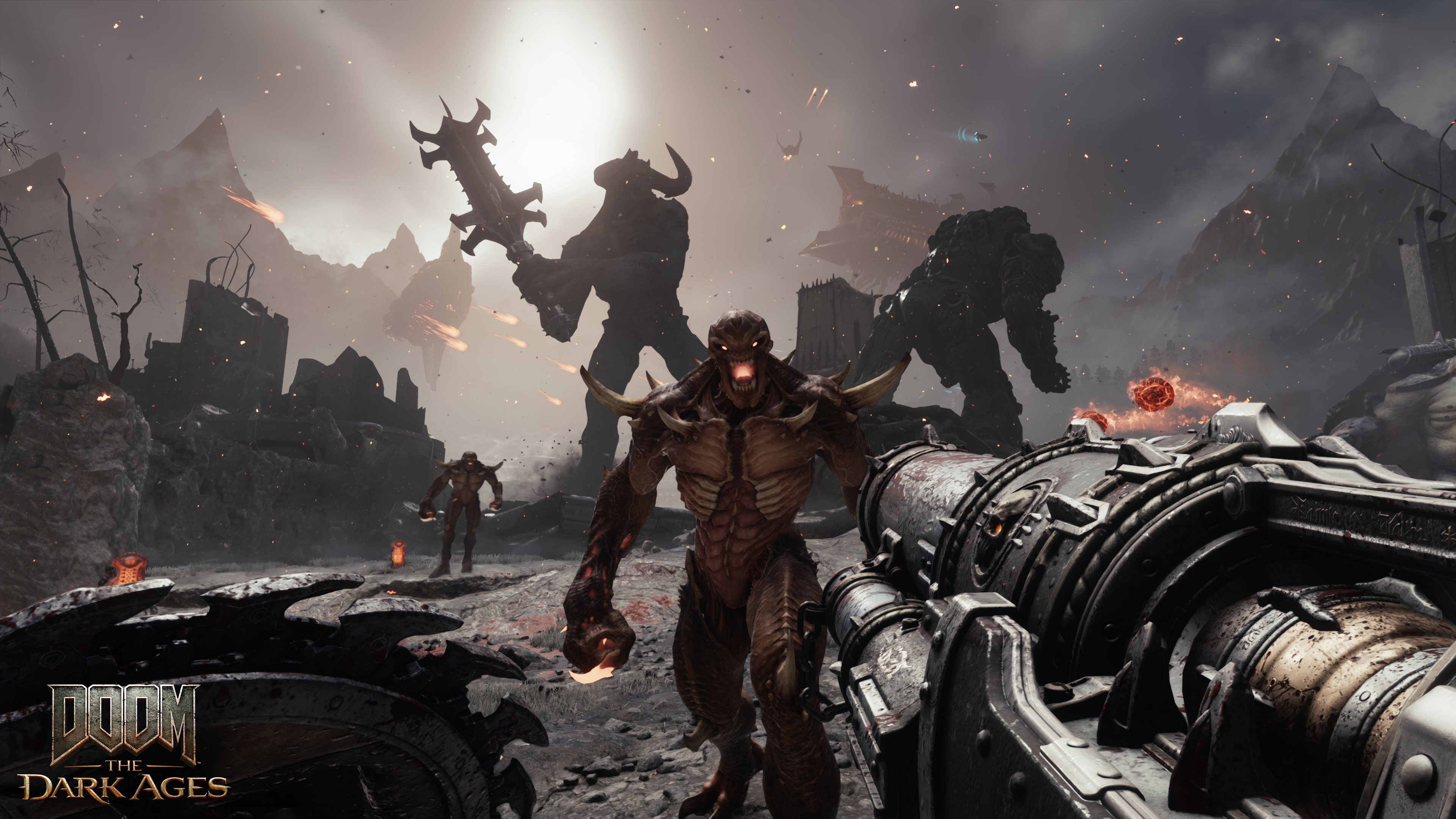 6 Images
6 Images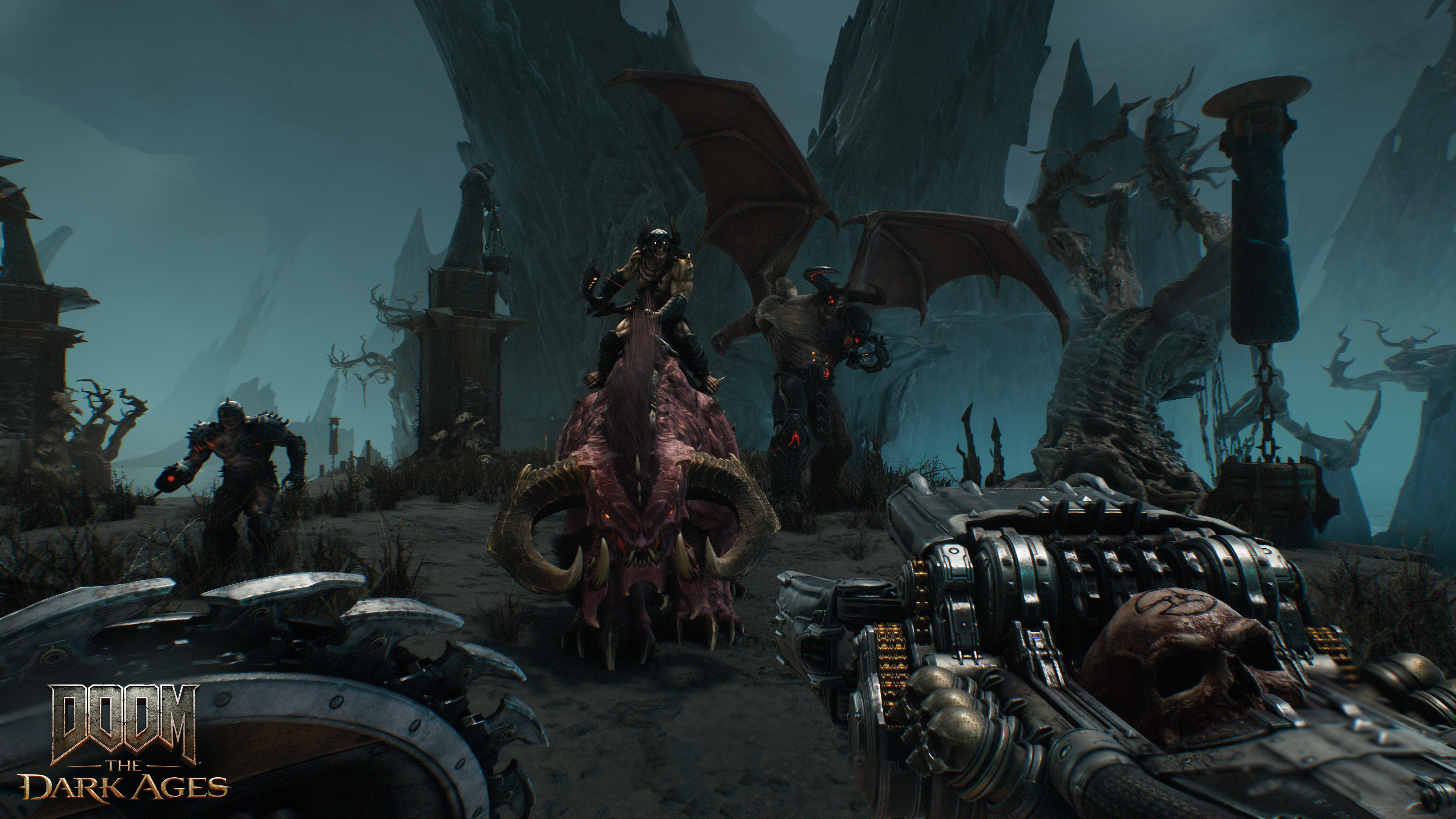
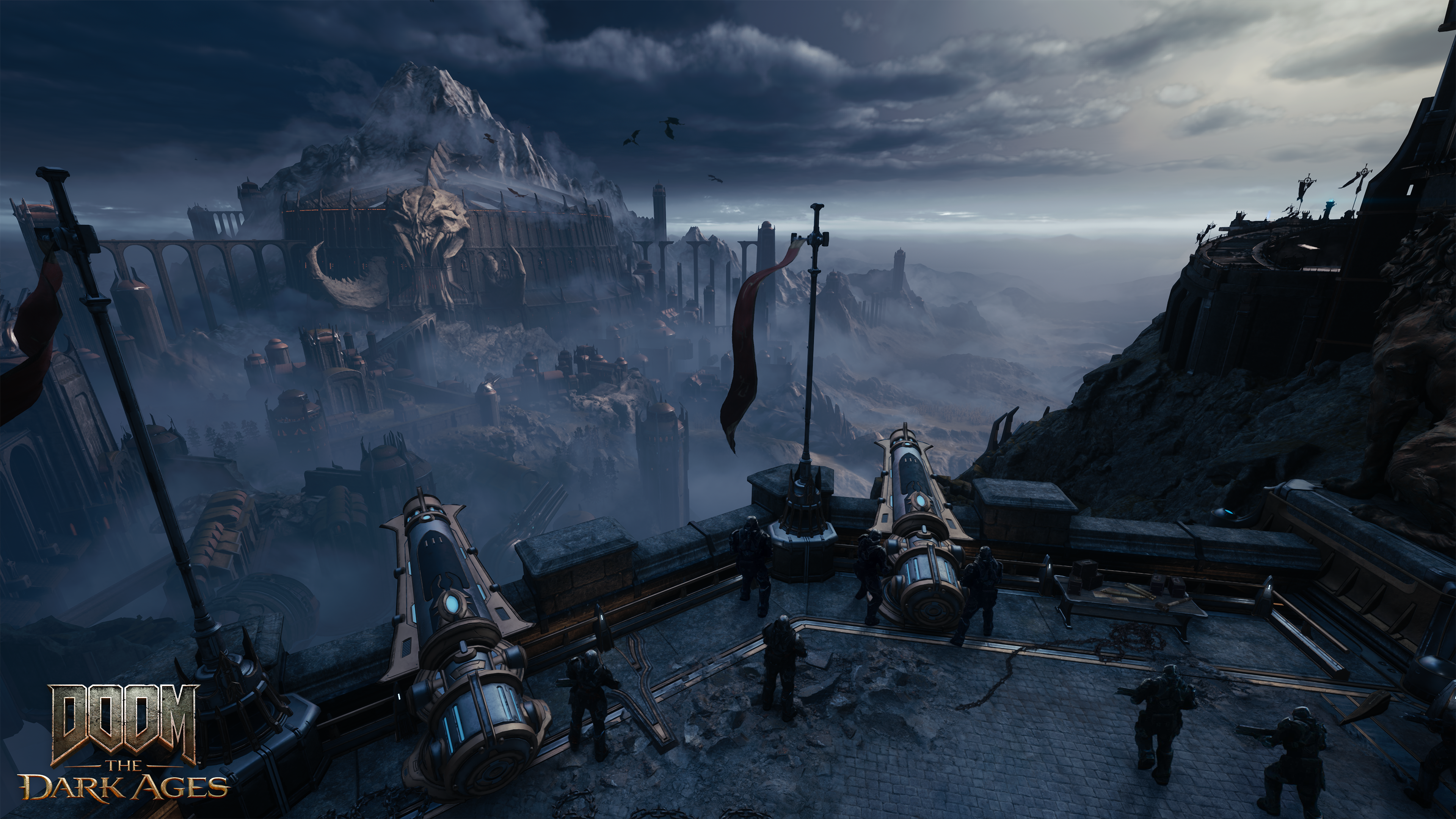
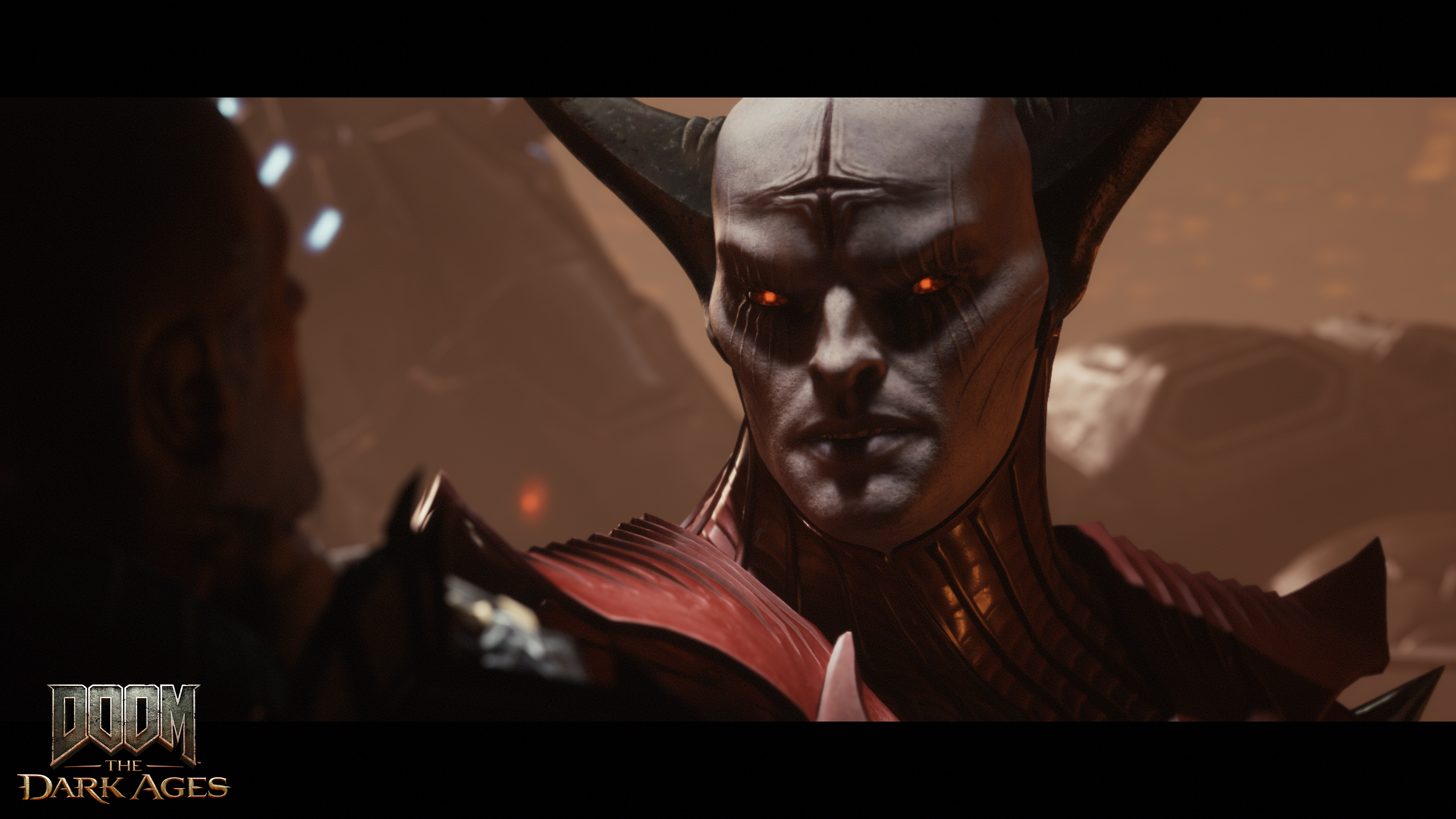
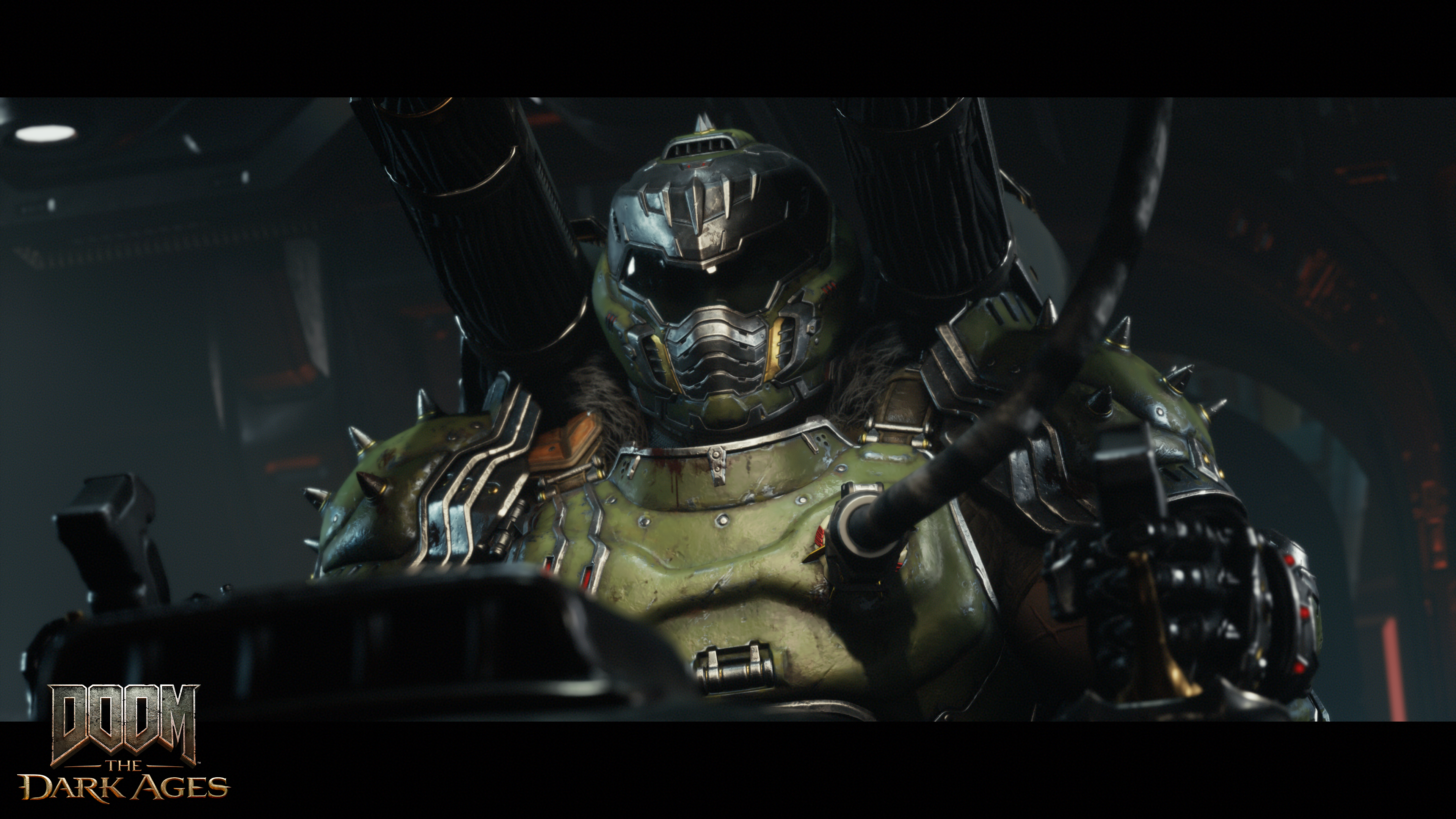
For over a decade, Doom continued to align its fast-paced gameplay with its shredding score. However, the release of Doom 3 in 2004 marked a shift toward experimental survival horror. This reinvention introduced a slower, more deliberate pace, necessitating a new sound. Although Trent Reznor was initially sought to orchestrate Doom 3's entire sound design, it was Chris Vrenna and Clint Walsh who ultimately composed the game's theme, drawing inspiration from Tool's progressive metal style. Doom 3's main theme could seamlessly fit on Tool's album Lateralus, complementing the game's eerie sci-fi atmosphere with its complex time signatures and unsettling soundscapes.
Despite Doom 3's commercial success, its survival horror approach is now seen as an anomaly in the series. The early 2000s was a transformative period for FPS games, with titles like Call of Duty and Halo influencing the genre. Similarly, metal music was navigating its own changes, with the nu-metal era giving way to more diverse sounds. Doom 3's soundtrack, influenced by Tool, was a fitting choice that resonated well with the game's tone, even if it didn't achieve the same legendary status as Tool's Lateralus.
After Doom 3, the series faced a challenging development period. The eventual reboot in 2016, helmed by Marty Stratton and Hugo Martin, returned Doom to its roots with a revitalized approach. Composer Mick Gordon crafted a soundtrack that incorporated sub-bass frequencies and white noise, creating a heart-pounding experience that echoed the intensity of bands like Meshuggah. Doom 2016's score, akin to a playable djent album, perfectly complemented the game's fast-paced action and has become one of the most acclaimed video game soundtracks, possibly even surpassing the original.
The follow-up, Doom Eternal (2020), saw Gordon's return, though the soundtrack's creation was marred by disputes with id Software. Despite this, Gordon's influence is evident, with the music evolving into a more modern metalcore style, reflecting the genre's prominence in the late 2010s and early 2020s. Doom Eternal's soundtrack, with its crushing breakdowns and electronic elements, aligns well with its gameplay, which includes platforming and puzzle sections that add new dimensions to the series.
Personally, Doom 2016 remains my favorite, much like my preference for the rawer metalcore albums from a few years prior. Doom Eternal, while excellent, doesn't capture the same intensity for me, similar to how recent works from bands like Architects don't quite match their earlier, more visceral albums. However, many fans hold Doom Eternal in high esteem, appreciating its bold experimentation.
Doom: The Dark Ages presents an exciting evolution for the series. Revealed in the recent Xbox Developer Direct, it showcases a refreshed combat style that diverges from Eternal's fast-paced verticality. Instead, it introduces a slower pace with a Captain America-like shield, encouraging direct confrontations with enemies. This approach harks back to the original Doom's corridor-based combat but amplifies it with new elements like 30-story mechs and fire-breathing dragons.
The Dark Ages' soundtrack, crafted by Finishing Move, draws from a range of metal influences, both past and present. The slower, heavier moments echo the work of bands like Knocked Loose, while more traditional thrash elements nod to the original Doom's sound. This fusion aims to match the game's new combat style, which requires a soundtrack that can be both heavy and agile, fitting for the diverse gameplay ranging from mech battles to dragon flights.
As we await the full reveal of Doom: The Dark Ages' gameplay, it's clear that id Software is building on the series' legacy while embracing new influences. The addition of mythological creatures and giant mechs introduces exciting elements not typically associated with Doom's "boots on the ground" approach. This evolution mirrors the experimentation seen in modern metal music, which has successfully blended electronic, hip-hop, and hyperpop influences. The Dark Ages promises to be a thrilling addition to the Doom series, with its innovative gameplay and a soundtrack that continues to push the boundaries of metal music.

